
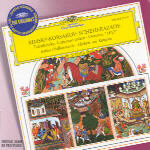
Herbert von Karajan has some very interesting ideas about tempo in Scheherazade. He begins with a broadly paced introduction, but after Michel Schwalbé’s languorous violin
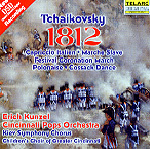
Telarc’s first 1812 caused quite a stir when it appeared more than 20 years ago. Here was a recording that purported to capture the full
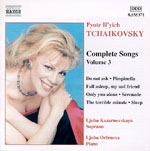
Volume 3 of Naxos’ complete survey of Tchaikovsky’s songs includes what is certainly his most well known, the popular “None but the lonely heart”. But
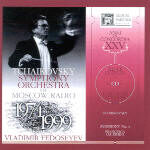
Throughout his Tchaikovsky symphony cycle Vladimir Fedoseyev has striven to expose the music’s inner detail, and he has achieved this to such a degree that

Cellist Pieter Wispelwey plugs a few gaps in his existing Channel Classics discography with these engaging, imaginative performances. He’s accompanied by the Deutsche Kammerphilharmonie Bremen
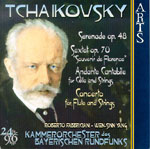
Despite the gains that may result from arranging Tchaikovsky’s Souvenir de Florence for string orchestra, the piece is far more effective in its original sextet
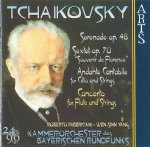
What the booklet cover and jewel case spine both misleadingly term Tchaikovsky’s “Flute Concerto” is a four-minute fragment of entirely forgettable juvenilia–to be precise, Tchaikovsky’s
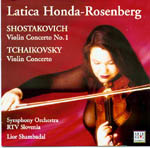
Latica Honda-Rosenberg was the Second Prize winner in the 1998 Tchaikovsky competition in Moscow, the first German ever to reach the finals. What must have
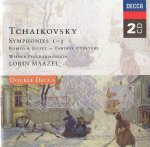
An earlier Double-Decca reissue included Vladimir Ashkenazy’s Philharmonia recordings of the last three Tchaikovsky symphonies. Now, for the earlier symphonies and Romeo and Juliet, Decca
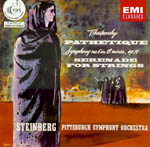
William Steinberg’s Pathétique is lean and sinewy but not without its own tender moments and delicate touches. The first movement’s “big tune” gets lovingly caressed
![]()
